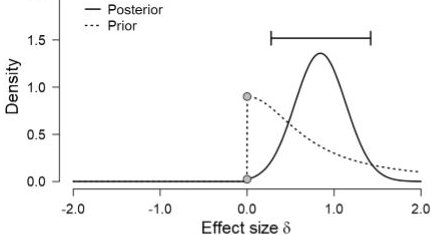
Sport Psychology: New Publication
Trait Self-Control discriminates between youth football players selected and not selected for the German talent program
In this paper, Chair of Sport Psychology Members Wanja Wolff and Julia Schüler collaborated with Prof. Alex Bertrams (University of Bern) to investigate if football players who were identified as talents by the German Football Federation differed in their levels of trait self-control from their less talented peers. The full abstract of the paper can be found below:
“Trait self-control predicts success in various walks of life. Sports is a prototypical domain, where self-control is required, and there is evidence that successful athletes display superior self-control. Here, we assess if self-control already differs between athletes that were selected for a talent development program and non-selected athletes. Self-reported trait self-control was assessed in n = 25 (7 = female, 13.2 ± 1.7 years) youth football players who were part of the German talent development program and in n = 27 (6 = female, 13.6 ± 1.8 years) age and sex matched youth football players, who trained at the same clubs but had not been selected for the program. A one-sided Bayesian two-sample t-test yielded a Bayes factor of 54.99, indicating very strong evidence for the hypothesis that elite youth football players have higher trait self-control than non-elite youth football players. The 95% credibility interval for the two-sided t-test indicates that the true value of δ lies between 0.28 and 1.42, indicating some uncertainty regarding the effects’ magnitude. We show that already at young age, elite athletes display higher levels of self-control than their less successful peers. This underlines the importance of self-control as an important personality factor for success. These findings might have implications for talent selection and for sport psychological training.”
This research reflects our interest in the self-regulation of human performance and more specifically in regard to performance in sports. To learn more about this line of research, click here.
The bibliographic information of the paper: Wolff, W., Bertrams, A., & Schüler, J. (2019). Trait Self-Control discriminates between youth football players selected and not selected for the German talent program: A Bayesian analysis. Frontiers in Psychology. doi:10.3389/fpsyg.2019.02203
